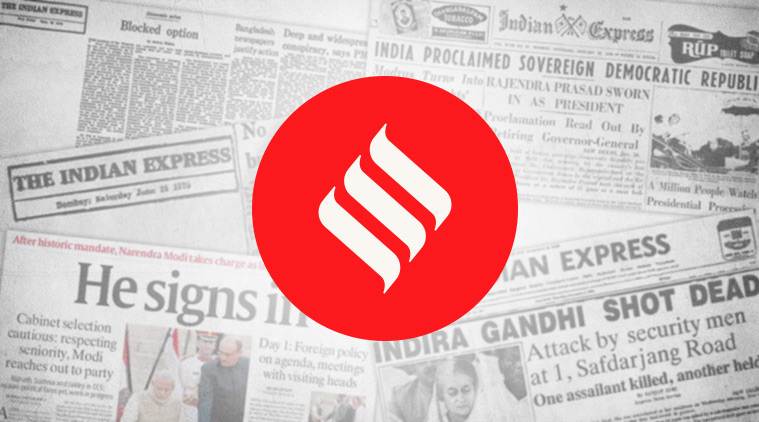
Spare a thought for Jack Dorsey. Even under normal circumstances, dealing with the bratty petulance of entitled rich kids can be a trying experience. But when the said sense of entitlement emanates from the White House, explaining the basics of social media and technology has much higher stakes.
On the eve of his meeting with the Twitter CEO on Wednesday, Donald Trump tweeted that “they (Twitter) don’t treat me well as Republican… very discriminatory… hard for people to sign up”. At his meeting with Dorsey, Trump reportedly repeated the allegation.
The US President’s refrain against Twitter is not new. For over a year, the social media platform has been “cleaning up” fake accounts and bots, which has led to a drop of about three million followers for Trump. In February, Twitter faced a similar outrage in India after Youth for Social Media Democracy first protested and then made a submission to Anurag Thakur, BJP MP and chairman of the Parliamentary Committee on Information Technology, complaining about the platform’s “anti-right wing attitude”. The committee subsequently summoned Dorsey. Ensconced in San Francisco, he did not fly down for the summons.
Twitter has consistently maintained that its algorithms are politically agnostic, and pointed out that as the microblogging site is cleared of bots, figures across the ideological spectrum have lost followers. But spare a thought for Trump. His braggadocio relied heavily first on his ratings as a reality TV host, and then on (often inflated) boasts about the number of followers he has on social media.
Many might wonder why politicians who ultimately have to face the ballot as a test of their popularity are so worried about losing a few followers. The answer lies in the way populists communicate with the people, and in some cases, feed their egos. Social media represents a direct point of contact, unmediated by the pesky problems of its old school counterparts — questions in interviews, fact checks et al. In that scenario, losing followers is losing relevance.